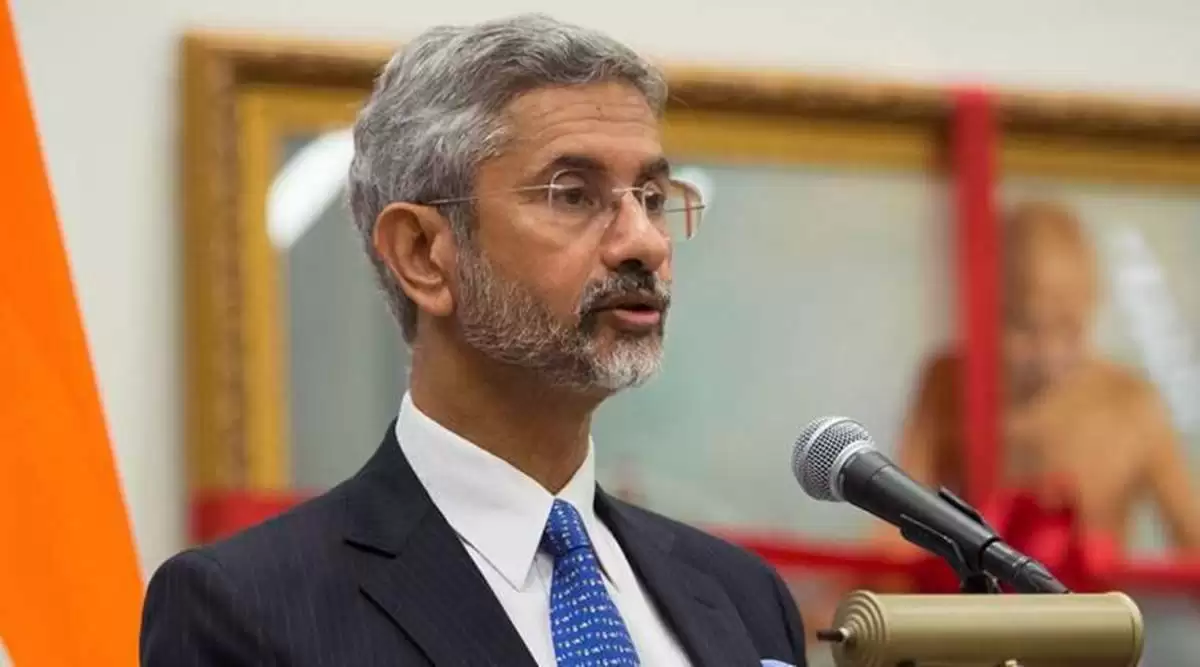
The two parties agreed on Thursday to convene the 14th round of military negotiations as soon as possible in order to accomplish the goal of total disengagement along the Line of Actual Control (LAC) in eastern Ladakh. In the midst of a global realignment of power, Jaishankar described as “ridiculous” the idea that the US has been purposefully downsizing and giving room to others. He stated that the United States is a lot more flexible partner today than in the past, and that it is far more receptive to ideas, recommendations, and working arrangements.
“Do not mix it with the United States’ downfall.” In response to a question from the moderator, he responded, “I believe that’s ludicrous.” “It’s undeniable that China is growing. However, China’s nature and the method in which it is expanding its influence are fundamentally different. And we’re not in a scenario where China is compelled to take the place of the United States. It’s normal to think of China, the United States (and) China as the central event. However, there are a number of other countries, particularly India, that have played a larger role.
Read also: Cambodian PM urges integration of ASEAN community in new normal
He used the example of QUAD to show how certain nations are banding together over a common set of worries, issues, or interests. The Quad, which includes India, Japan, the United States, and Australia, was founded to devise a new strategy for keeping the resource-rich Indo-crucial Pacific’s maritime lanes free of foreign interference. He stated that the United States is a lot more flexible partner today than in the past, and that it is far more receptive to ideas, recommendations, and working arrangements.
In addition, the minister responded to a question regarding how the world is evolving. There are a lot more people involved. He explained that “a lot of what we’re doing in terms of repositioning and dealing with nations is multipolar activity.” “It’s partly a hedging strategy, partly an independent relationship, and it’s frequently quite issue-based (as) we engage with other nations on different sets of concerns,” Jaishankar explained. “We are truly at numerous levels in a very, very complicated change,” he added, noting that the Covid-19 has put into question the previous concept of globalisation.
“We all desire supply chains that are more trustworthy and robust. We’d like additional choices. During that time, several of us stayed in touch and dealt with some very tough circumstances. It might have been related to health, or even diet in certain circumstances. As a result, we are in the midst of a multi-leveled change. “
Read also: 2022 to be celebrated as friendship year for India, ASEAN: Modi
He claimed that in the past, it didn’t matter what the neighbor’s household system was beyond a certain extent. “In today’s data-driven society, problems of trust and transparency are even more important. So, it matters to me what my partner’s character is like, as well as who they are companions with. So, these are all new variables that, in my opinion, are moving the globe in a very different path,” he remarked. Obviously, India wants to see how its interests are best served, and those interests are currently best served by a much closer relationship with the United States, a much stronger relationship with Europe, and the United Kingdom, as well as re-energizing relationships with the ASEAN and other regional organisations.

